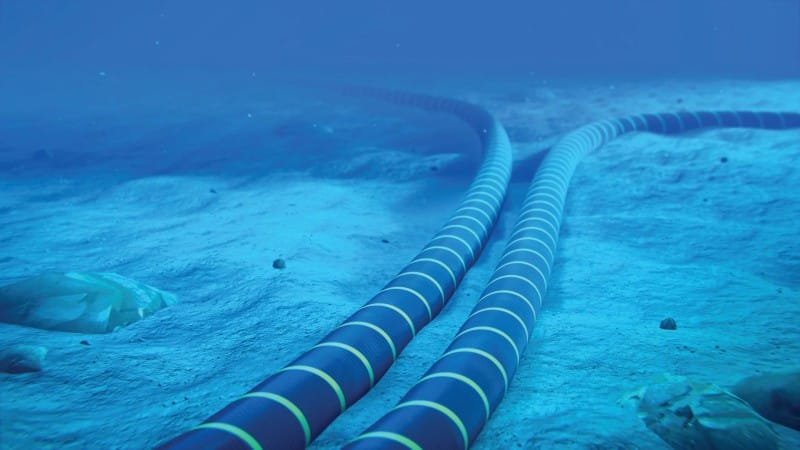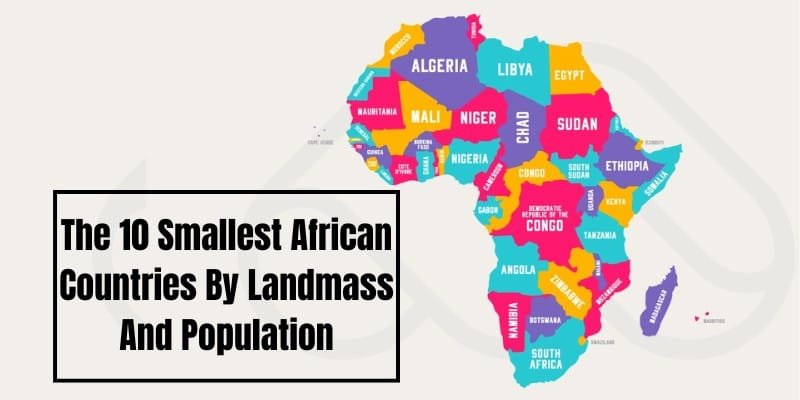In a recent upheaval in East Africa’s digital infrastructure, a fresh cut in subsea cables has caused widespread disruptions across several nations in the region. Wiocc, a key investor in the Eastern Africa Submarine Cable System (Eassy), disclosed a significant cut in the cable running between South Africa and Mozambique along the continent’s eastern coast. Coincidentally, reports indicate a similar incident with the Seacom cable around the same time, effectively halting all subsea capacity between East Africa and South Africa.
On the day of the incident, Tanzania’s Minister of Information, Communication, and Information Technology, Nape Nnauye, issued a statement acknowledging the disruption, stating that both telecom infrastructure companies had informed the government of the Internet outage. “There are ongoing efforts to solve the problem. As they continue to solve the problem, we will have low access to Internet and international voice calls,” Nnauye explained.
The repercussions were immediately felt, with reports emerging of a major Internet outage in Kenya and Tanzania, prompting frustration among subscribers of major networks and Internet service providers such as Safaricom and Telkom. Social media platforms were inundated with reports of Internet blackout in various areas.
A cybersecurity and Internet governance watchdog organization noted that Tanzania and the French Island of Mayotte experienced a significant Internet connectivity failure, while the impact on Malawi and Mozambique remained minimal.
Responding to the crisis, Safaricom assured its customers of continued monitoring of network and service delivery, emphasizing its redundancy plans to mitigate the impact. Fortunately, South African Internet users were largely unaffected as most of the country’s Internet traffic flows through cable systems along Africa’s west coast, such as Equiano and Wacs.
This incident adds to a series of recent challenges to Africa’s undersea telecom infrastructure. Just three months ago, three subsea cables in the Red Sea connecting Africa and Southeast Asia to Europe were damaged during an attack by Yemeni Houthi rebels. Furthermore, on March 14, 2024, four undersea telecom cables near the Ivory Coast, including the West Africa Cable System (WACS), Africa Coast to Europe (ACE), MainOne, and SAT-3, went offline, compounding the strain on regional connectivity.














